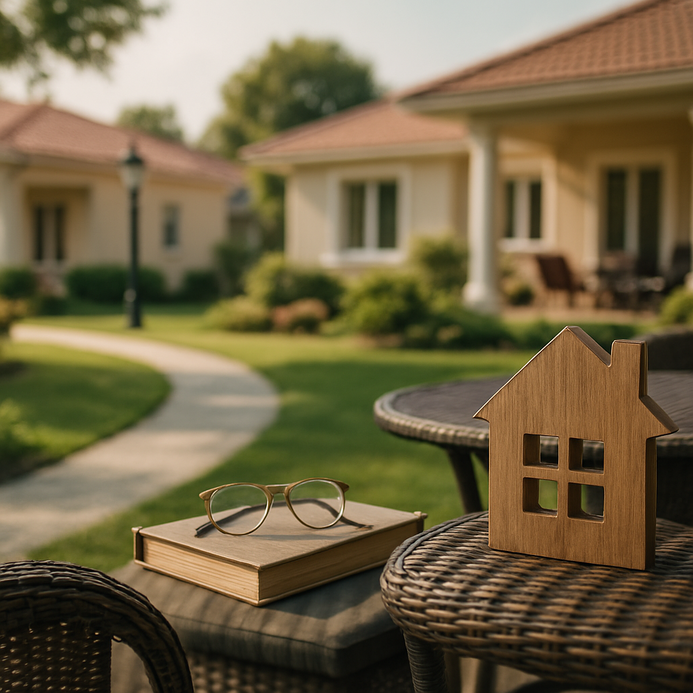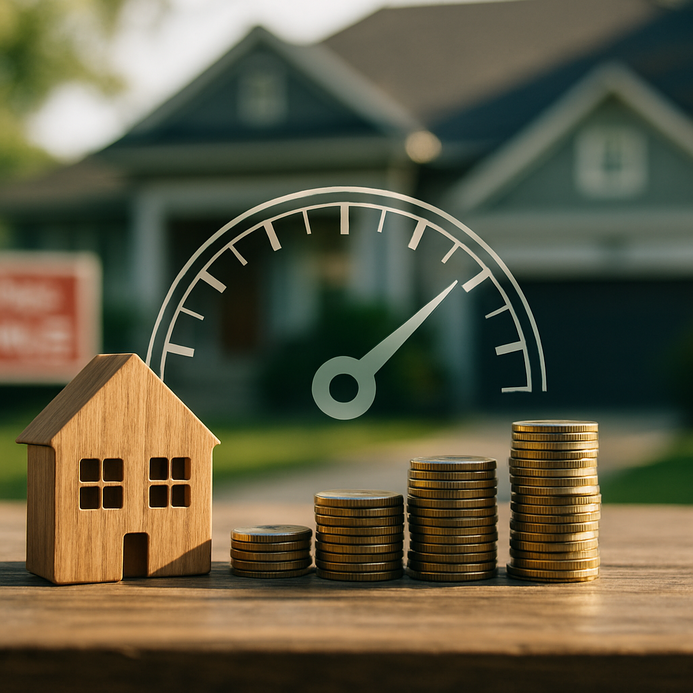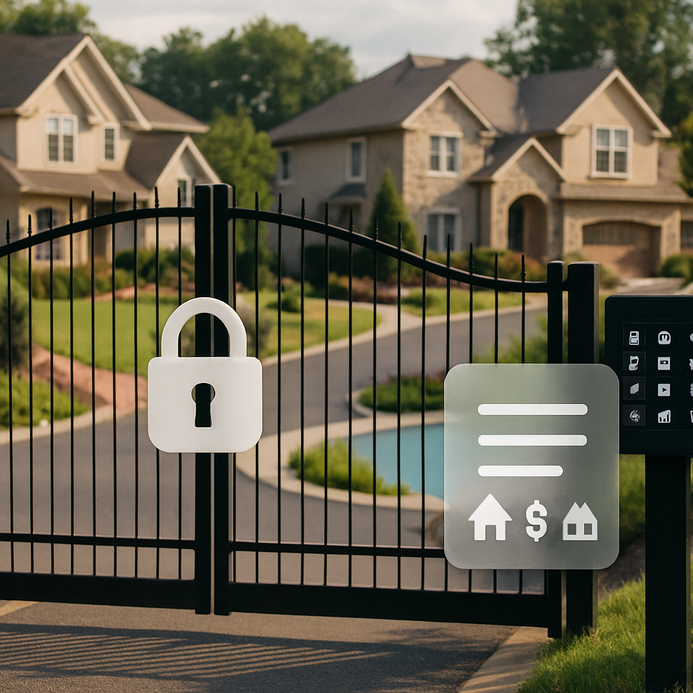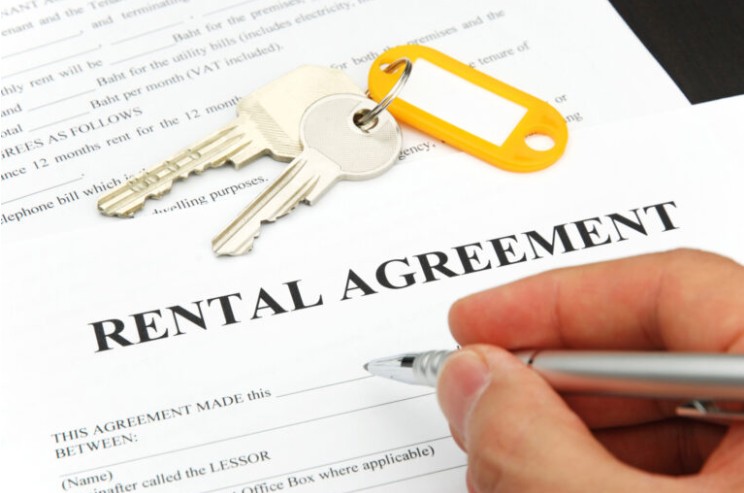Right Age of Buying a House?
Owning a house is a dream for many, but deciding when to buy can be a tough call. Some people buy early and jump into home ownerships while others may think this might not be the right time and save money. A house is frequently the most expensive purchase you will ever make. Most of the time, it takes years of planning and saving. So, when is the best time to buy a house? Does it depends upon the age? Buying a house depends on various factors such as the city to reside in, income levels, the reason for purchasing a home, and so on. In this blog, we’ll break down the factors that can help you decide when is the right time for you.

Importance of Buying a House
Buying a home is not just a financial investment, it’s a move toward stability, security, and growth over the long-term. Unlike renting, homeownership brings a sense of ownership and a place to call your own. It offers financial benefits as well, such as building equity over time and serving as an asset that appreciates in value. Moreover, home ownership enables you to customize your property without limitations, making it an environment that mirrors your way of life and choices. Beyond money and convenience, a home also offers emotional stability, providing you and your family with a place to develop and build lasting memories.
People Buying a House at early age
With rising average salaries in India, young individuals under 25 are moving to the property market. Financial advisors consider early home buying as a good option since property is an asset that appreciates in value. Postponing the purchase if possible to save more for the down payment, reduces the overall loan burden. Unmarried people usually put home buying first, married couples prioritise their children’s education. Prospective buyers should ensure they have a strong financial foundation, including an emergency fund covering several months expenses and manageable EMIs that do not exceed 30% of their monthly income to maintain financial stability.
| Upsides | Downsides |
| Encourages financial discipline early. | Limits career mobility and relocation flexibility. |
| Longer investment horizon for property appreciation. | High EMIs can strain disposable income. |
| Access to longer loan tenures with manageable EMIs. | Lower loan eligibility due to early career stage. |
People Buying a House at mid age
The ideal time to buy a home is when you have saved 30-40% of the total budget and can comfortably manage the remaining amount through EMIs, either individually or with a spouse. It’s also essential to have a contingency fund covering at least six months of expenses, along with sufficient health and life insurance. Most urban professionals attain this financial stability between the age of 30 and 35, as increased incomes enhance eligibility for loans and repayment freedom. Eventually, owning a home is much easier with good financial planning and long-term stability.
| Upsides | Downsides |
| Savings and stable income make homeownership more feasible in most cities. | May need a larger home as family needs grow. |
| Provides long-term security and a sense of stability. | Limits flexibility in financial decisions due to EMI commitments. |
| Eliminates the uncertainty of rising rental costs. | Lower risk appetite, making other investments less accessible. |
Unveil the 50-50 payment plan
People Buying a House at old age
One major benefit of purchasing a home at an older age is the chance to buy it outright using savings, without having to bear the expense of a home loan by making smart investments. Moreover, technology and lifestyle improvements tend to offer improved property choices with updated facilities. A significant disadvantage, though, is that post 40, one’s priorities shift towards retirement planning, and thus it becomes difficult to handle a new home loan. Banks also provide shorter tenures for the loan at this point, normally limiting them to 15 years, and other financial obligations such as children’s education and future costs may have priority.
| Upsides | Downsides |
| Clearer understanding of housing needs and lifestyle preferences. | Shorter home loan tenure due to age restrictions. |
| Higher budgets allow access to better properties with more amenities. | Potential strain on retirement savings and future financial security. |
| Greater financial stability reduces the risk of defaulting on payments. | Higher upfront costs may impact other long-term financial goals. |
Factors to Consider

- Home Loan Eligibility – As property prices have gone up considerably, everyone uses home loans for purchasing properties. Your eligibility is based on your income, outstanding loans, and credit score, so make sure you are eligible for a loan that suits your budget.
- Affordability of EMI – Getting a loan is not sufficient; you need to check if you are able to afford EMIs between 7 and 15 years without imposing too much burden on your finances.
- Future Lifestyle Requirements – Reflect on how your lifestyle may change in the next 10-20 years. Consider space needs, family expansion, home office requirements, and proximity to key services.
- Position & Connectivity – A conveniently connected property with transport links, schools, hospitals, and business centres maximises convenience and long-term value.
- Resale & Rental Value – Even if you’re staying in the house, resale and rental value are important. Opt for a house in an area with high demand for better returns.
Conclusion
Purchasing a home is a major financial and emotional decision, and the appropriate time to invest is not based on age but on individual readiness. Regardless of whether buying early or later in life, careful planning, financial security, and long-term objectives should determine the choice. A thoughtful strategy taking into account savings, affordability of a loan, lifestyle requirements, and market conditions makes homeownership a fulfilling achievement instead of a financial burden. In the end, the solution is to make a decision that will satisfy both current comfort and future security.
FAQs
In India, the minimum age to purchase a house is 18 years, as per the Indian Contract Act of 1872. This law states that individuals can enter into legally binding agreements, including property transactions, only upon reaching adulthood. While property ownership is possible at any age, those under 18 require a guardian to manage the legal formalities on their behalf.
There’s no perfect age to buy a house, but the mid to late 30s often offer a good balance of financial stability and career growth. The right time depends on your personal goals and situation.
Hyderabad is one of the best cities to buy a house in India. With its affordable property rates, growing IT and business hubs, excellent infrastructure, and high quality of life, it offers great value for homebuyers. The city also has a strong real estate market with steady appreciation, making it a smart investment choice.













